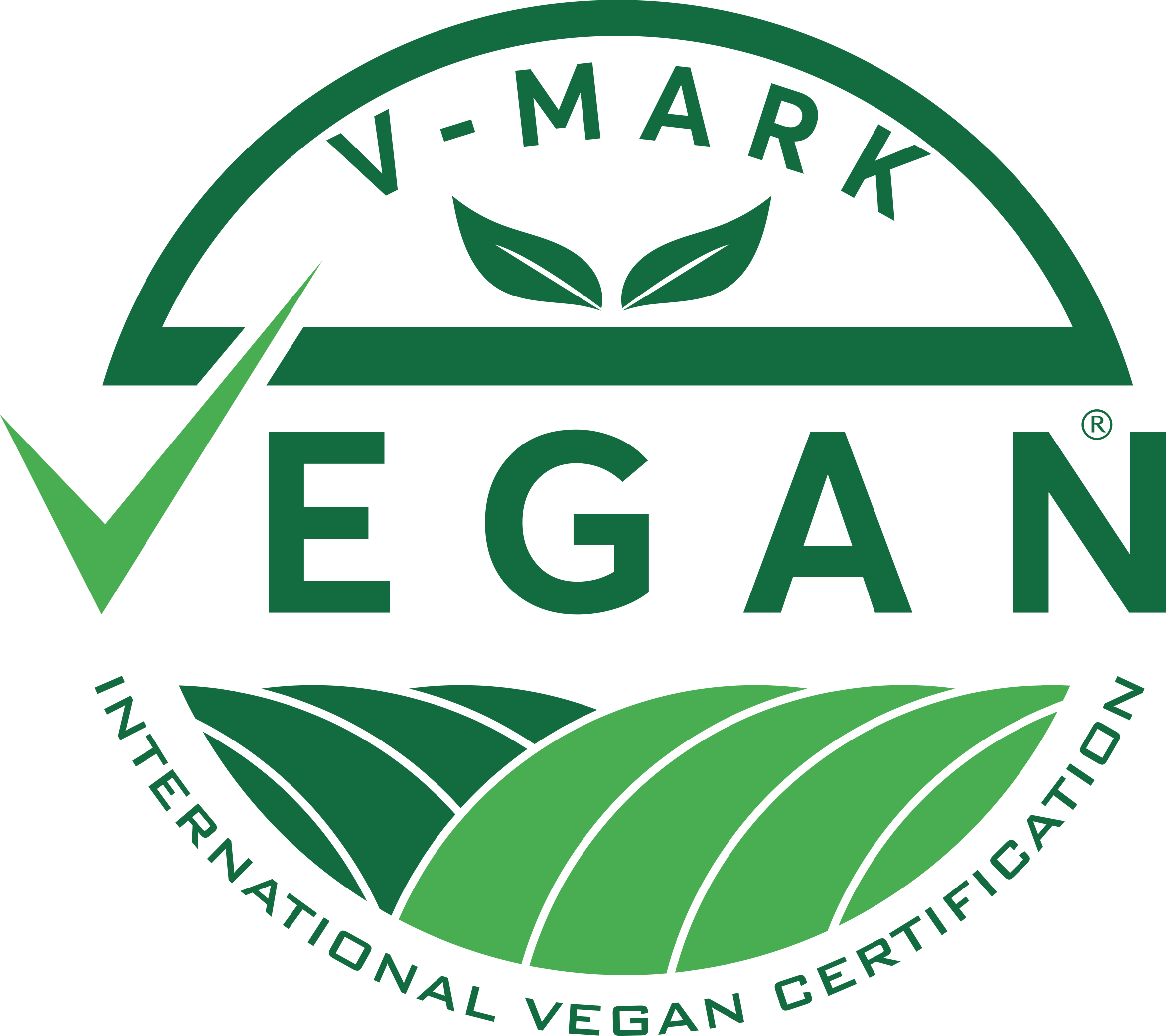The Myths and Realities of Veganism: Separating Fact from Fiction
Veganism is an increasingly popular lifestyle choice that has become more widely accepted in recent years. It involves abstaining from consuming any animal products for ethical, religious, or health reasons. While veganism has become more accepted, there are still many misconceptions about it. To help separate fact from fiction, it is important to look at the myths and realities of veganism.

One of the most common myths about veganism is that it is unhealthy. This is simply not true; in fact, many studies have shown that a vegan diet can provide plenty of essential nutrients and can even help to reduce the risk of certain chronic diseases. Eating a varied vegan diet can provide all of the nutrients needed for good health, including protein, iron, calcium, and zinc.
Another myth is that veganism is expensive. While it is true that certain vegan foods such as specialty plant-based proteins, vegan cheeses, and vegan desserts can be more expensive than their animal-based counterparts, a vegan diet can be affordable. Fruits, vegetables, and grains are generally very affordable, and many grocery stores now carry vegan staples such as plant-based proteins and vegan cheeses at reasonable prices.
Some people also believe that veganism is difficult to maintain. However, with the abundance of vegan recipes and meal ideas available online, it is easy to find delicious and nutritious vegan meals that are easy to make. There are also many vegan restaurants and vegan meal delivery services that make eating vegan more convenient.
Finally, many people think that veganism is boring and restrictive. This could not be further from the truth. There are endless vegan recipes available online, and vegan restaurants are becoming more common. There are also vegan versions of almost any food that can satisfy even the pickiest of eaters.
In conclusion, veganism is a lifestyle choice that is becoming increasingly accepted. While there are many myths about veganism, the reality is that it is a healthy, affordable, and diverse way of eating. With the abundance of vegan recipes, restaurants, and meal delivery services, veganism is more accessible than ever.
Blog
- Are Vegan People Healthy? Examining the Science Behind a Plant-Based Diet
- Is Veganism Harmful? A Look at the Risks and Benefits
- The Ethics of Veganism: Why People Choose a Plant-Based Diet
- The Health Benefits of Veganism: What the Research Shows
- The Myths and Realities of Veganism: Separating Fact from Fiction
- The Rise of Veganism: A Look at the Growing Movement
- Veganism 101: An Introduction to the Vegan Lifestyle
- Veganism and Aging: Can a Vegan Diet Help You Live a Longer, Healthier Life?
- Veganism and Beauty: Plant-Based Options for a Compassionate Regimen
- Veganism and Cancer: Does a Plant-Based Diet Reduce the Risk of Cancer?
- Veganism and Diabetes: Can a Plant-Based Diet Help Manage Diabetes?
- Veganism and Dining Out
- Veganism and Fashion: Ethical and Sustainable Options
- Veganism and Fitness: How to Build a Strong and Healthy Body on a Plant-Based Diet
- Veganism and Gifts: Ethical and Sustainable Options for All Occasions
- Veganism and Health: Debunking Myths and Exploring the Benefits
- Veganism and Heart Health: Is a Vegan Diet Good for the Heart?
- Veganism and Holidays: Celebrating Compassionately
- Veganism and Nutrient Deficiencies: How to Ensure a Balanced and Healthy Diet
- Veganism and Parenting: Raising Compassionate Kids in a Plant-Based Household
- Veganism and Personal Care: Choosing Cruelty-Free Products
- Veganism and Social Justice: How the Vegan Lifestyle Can Help Create a More Equal World
- Veganism and Travel: Tips for Staying Vegan on the Go
- Veganism and Weight Loss: Does a Plant-Based Diet Promote Healthy Weight Loss?
- Veganism and the Environment: The Impact of a Plant-Based Diet
- Veganism for Beginners: A Step-by-Step Guide to Adopting a Plant-Based Lifestyle

GET CERTIFIED
